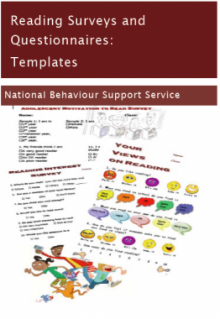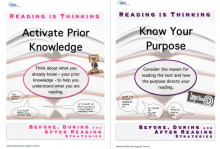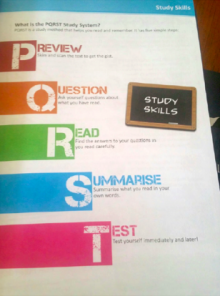The National Behaviour Support Service offers three levels of support to partner second level schools:
Level 1: School-wide Support for All Students
Level 2: Targeted Intervention Support for Some Students
Level 3: Intensive Individualised Support for a Few Students
The NBSS works with partner schools to implement interventions and projects across the three levels of support. All work undertaken aims to promote positive behaviour and learning throughout the school by focusing on developing:
• Behaviour for Learning Skills
• Social and Emotional Literacy Skills
• Academic Literacy and Learning Skills
• Wellbeing Skills.
he NBSS model of support draws extensively from Positive Behavioural Interventions and Supports (Sugai & Horner, 2002), Response to Intervention (Fuchs & Fuchs, 2006) and the Comprehensive, Integrated, Three-Tiered Model of Prevention (Lane, Kalberg, & Menzies, 2009) frameworks. The integration of these frameworks offers opportunities to address the behavioural needs as well as the social, emotional and academic needs of students effectively, with interventions at different levels of intensity and support. This problem-solving model is founded on international best practice (Bonhanon, et al., 2006; Carr et al., 2002; Ehren, Deshler & Graner, 2010; Hawken & Horner, 2000; Lewis & Sugai, 1999; McPeak, et al., 2007; National High School Centre, 2010).
'CI3T models are data-informed, graduated systems of support constructed to address academic, behavioural, and social domains, with an overarching goal of supporting all learners in inclusive environments by maximizing available expertise through professional collaborations among school personnel' (Lane, Kalberg, & Menzies, 2009).
'RtI…integrates assessment and intervention within a multi-level prevention system to maximize student achievement and to reduce behavioral problems. With RtI, schools use data to identify students at risk for poor learning outcomes, monitor student progress, provide evidence-based interventions and adjust the intensity and nature of those interventions depending on a student’s responsiveness, and identify students with learning disabilities or other disabilities' (National Centre on Response to Intervention 2010, p 4).
'PBIS is a proactive systems approach to establishing the behavioral supports and social culture and needed for all students in a school to achieve social, emotional, and academic success.' (www.pbis.org)
In NBSS partner schools this three-tiered approach is applied to behaviour interventions as well as interventions that address the social, emotional and academic literacy and learning needs of students.
Click on the link below for an example of an intervention in the area of Academic Literacy and Learning.
- Catch Up Literacy
- Belonging Plus+ The NBSS Transition and Transfer Programme
- Speech, Language and Communication
More examples are available on the following sections of the website:





